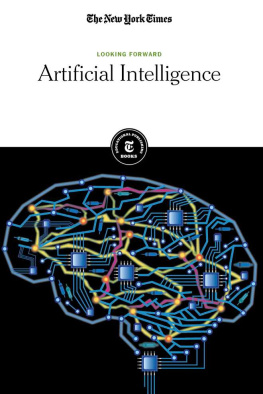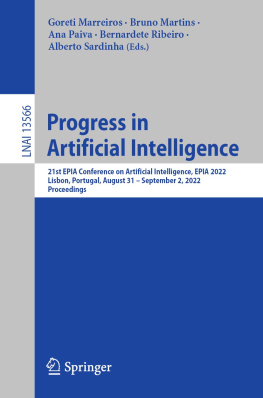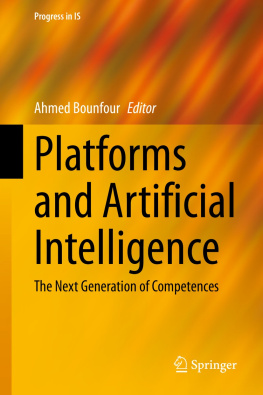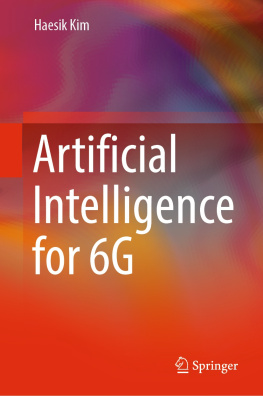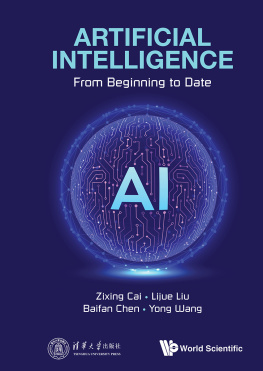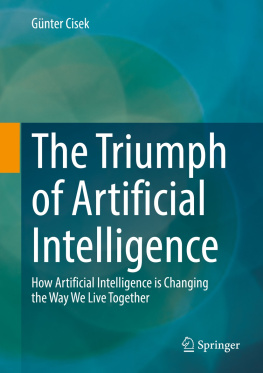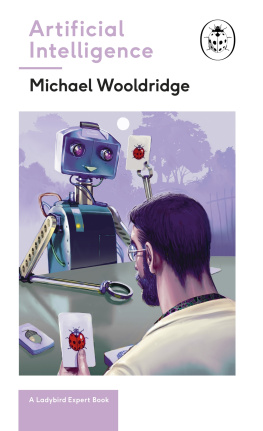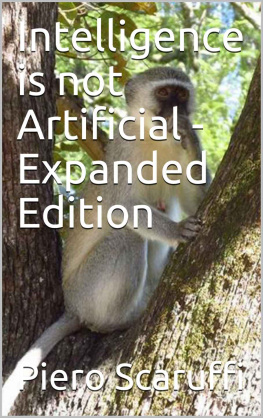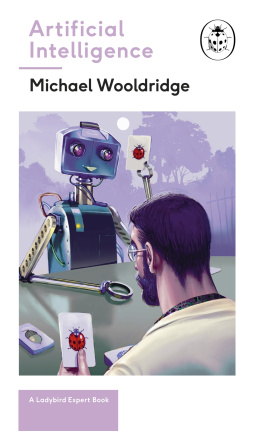First published in 1987 by Croom Helm
This edition first published in 2018
by Routledge
2 Park Square, Milton Park, Abingdon, Oxon OX14 4RN
and by Routledge
711 Third Avenue, New York, NY 10017
Routledge is an imprint of the Taylor & Francis Group, an informa business
1987 Brian Bloomfield
All rights reserved. No part of this book may be reprinted or reproduced or utilised in any form or by any electronic, mechanical, or other means, now known or hereafter invented, including photocopying and recording, or in any information storage or retrieval system, without permission in writing from the publishers.
Trademark notice: Product or corporate names may be trademarks or registered trademarks, and are used only for identification and explanation without intent to infringe.
British Library Cataloguing in Publication Data
A catalogue record for this book is available from the British Library
ISBN: 978-0-8153-8566-0 (Set)
ISBN: 978-0-429-49236-5 (Set) (ebk)
ISBN: 978-1-138-58531-7 (Volume 2) (hbk)
ISBN: 978-0-429-50533-1 (Volume 2) (ebk)
Publishers Note
The publisher has gone to great lengths to ensure the quality of this reprint but points out that some imperfections in the original copies may be apparent.
Disclaimer
The publisher has made every effort to trace copyright holders and would welcome correspondence from those they have been unable to trace.
THE QUESTION OF ARTIFICIAL INTELLIGENCE
Philosophical and Sociological Perspectives
Edited by
BRIAN P. BLOOMFIELD
CROOM HELM
London New York Sydney
1987 Brian Bloomfield
Croom Helm Ltd, Provident House, Burrell Row,
Beckenham, Kent BR3 1AT
Croom Helm Australia, 44-50 Waterloo Road,
North Ryde, 2113, New South Wales
Published in the USA by
Croom Helm
in association with Methuen, Inc.
29 West 35th Street
New York, NY 10001
British Library Cataloguing in Publication Data
The Question of artificial intelligence:
philosophical and sociological perspectives.
1. Artificial intelligence
I. Bloomfield, Brian P.
006.3 Q335
ISBN 0-7099-3957-4
Library of Congress Cataloging in Publication Data
ISBN 0-7099-3957-4
The contribution by James Fleck, Development and establishment in Artificial Intelligence, originally appeared in N. Elias, H. Martins and R. Whitley (eds), Scientific establishments and hierarchies, Sociology of the Sciences, vol. VI, 1982 pp. 169-217.
Copyright 1982 by D. Reidel Publishing Company. It appears here with the permission of the publishers.
Before the computer, the animals, mortal though not sentient, seemed our nearest neighbors in the known universe. Computers, with their interactivity, their psychology, with whatever fragments of intelligence they have, now bid for this place. (...) Where we once were rational animals, now we are feeling computers, emotional machines (Turkle 1984: 326).
Until computers and robots become as common as cars and until people are able to program and use them as easily as they now drive cars we are likely to continue to suffer from a certain mythological conception of digital computers (Searle 1982: 6).
Amid all the technological marvels of the modern world, computers must surely rank as one of the most powerful in stirring peoples imaginations. Though the history of the electronic computer covers but a few decades, its rise to fame in the technological firmament has been truly meteoric; and while governments and industrial corporations perceive a strategically important role for computers within national economies, home computing has been added to the list of essential consumer devices along with the microwave cooker and deep freezer. Computing and the related technologies gathered together under the umbrella of information technology are seen as the key to future prosperity, international standing, and economic power. In short, so we are told, modern societies are in the throes of an information revolution which will far outdo the nineteenth-century industrial revolution in its scope and impact on society. Indeed, information is actually becoming a commodity and the fear is that countries which do not seek to keep up in the information technology race will be reduced to the status of underdeveloped nations.
The dramatic, if not phenomenal changes in the size and power of computers furnish popular symbols of the seemingly relentless onward progression of computing. Thus, for example, the computers built in the 1940s to assist in the development and use of military systems occupied the space of a large room, whereas today, computers are considerably smaller and, paradoxically, enormously more powerful. However, perhaps a more relevant change in the development of computing is not directly connected to questions of size or processing power so much as to shifts in the pattern of computer usage. This has changed almost beyond recognition: for example, personal computers in the home are used to run software ranging from programs for family budgeting to self-psychoanalysis, from games of entertainment such as the ubiquitous space invaders to programs for educational tuition. Thus, from the home to the school, from the factory shopfloor to the management boardroom, from the hospital to the social security office, it seems that no corner of society has been left untouched.


